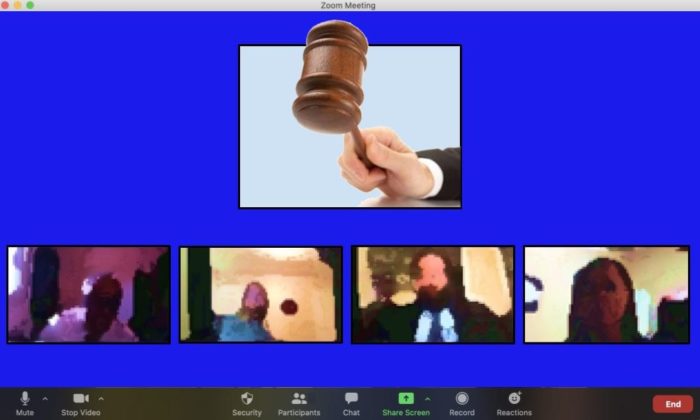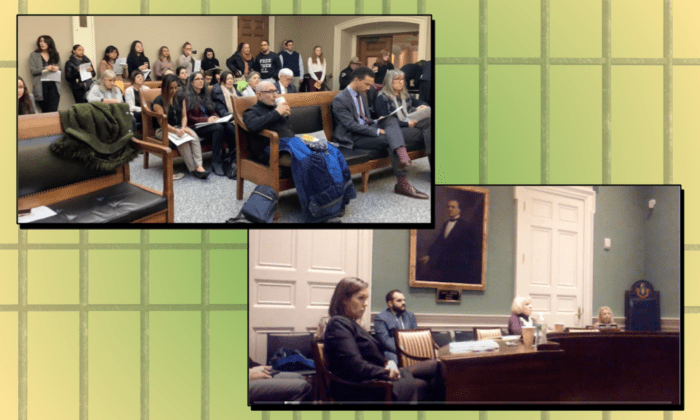
At a time when anti-immigrant vitriol substitutes for US immigration policy,
No Option But North deftly blends heartbreaking accounts of the journey
north with cogent insights into the systemic causes that make the trek north
an almost impossible option if you’re poor and from south of the border.
Essential reading for anyone who cares about the human rights implications
of US immigration politics.
―Antonio Villaraigosa, 41st Mayor of Los Angeles
At a time when the only thing anyone is talking about is COVID-19, I took a break to read Kelsey Freeman’s astute look at the struggles of migrants to cross the border, recently published by IGPublishing.
“Migrants will risk everything because their alternate options for survival and decency have run out,” writes Freeman, and with urgency, she shows us portraits of the people who want more than anything to escape the violence in their countries and make better lives for their children.
There’s Roberto who had to pay “rent” to gangs because he had a business before he “look[ed] for a border.” There’s Evelia who made it with her children to Oregon through detention centers and immigration authorities, but lost her husband, who became one of the “disappeared.” There are those that hop the train, and those that get caught, sent back, and try to come again and again to the US seeking a better life.
Some of the stories are brutal and important to share especially for the author who admits her privilege and attempts to use her own experiences (sometimes sucessful, sometimes not) to bring us into the pain of what the migrants endure. The kidnapping of Abrahám seems impossible to understand when so little money could have ever come from him but Freeman tells it unsentimentally as she shows how powerful the drug cartels are. The fact that Fernando was tortured on his journey north, needed to take six months to recover, and returned again to cross the Sonoran Desert shows the desperation felt by so many. As Freeman writes, “Migration, regardless of the numerous perils it held, was still his best choice….The more they try, the more likely they are to get through.”
The book also touches on the brutality of Donald Trump’s policies and his horrendous denial of humanity of anyone who seeks asylum in the United States. Although the book was written before Trump’s complete failure as a president during the coronavirus pandemic, it is easy to see how statements he has made (such as how loss of life is insignificant) are similar to his administration’s cruelty towards migrants. In a news conference in March, 2020, Trump said that a final US coronavirus death toll somewhere in the range of 100,000 to 200,000 people would be a sign that his administration has “done a very good job.” And equally cruel, according to Truthout, the courts are still not freeing migrant children, in spite of COVID-19.
Freeman’s writing is best when she is deeply moved by the people in the community of Mexico where she has gone to teach, and with a Fulbright grant comes to write this book, embarking on learning about the migrants and their lives.
There was beauty in the woman who spent her days sitting outside her corner
store, her pudgy legs sprawled out over the edge of the sidewalk…There was
beauty in the house a few doors down that left its doors open so that the
chickens could roam freely into the street. And there was beauty in the old
man who always seemed to be asleep in his chair, his chin folded into his
collar.
It’s a book worth reading to get a glimpse into a world many of us are far from. Freeman’s intention is to share stories, as she says, “not because migrants are incapable of powerfully crafting their own narratives” (i.e. The American Dirt controversy). Freeman’s aim is to call for a “more sensible, decent approach to immigration policy,” which as she says, and this reader firmly believes, should not fall only on immigrants, but on all of us.
 “It’s impossible to advocate for someone [in court] over the telephone. … Anything you say or your client says is heard by everyone.”
“It’s impossible to advocate for someone [in court] over the telephone. … Anything you say or your client says is heard by everyone.”


